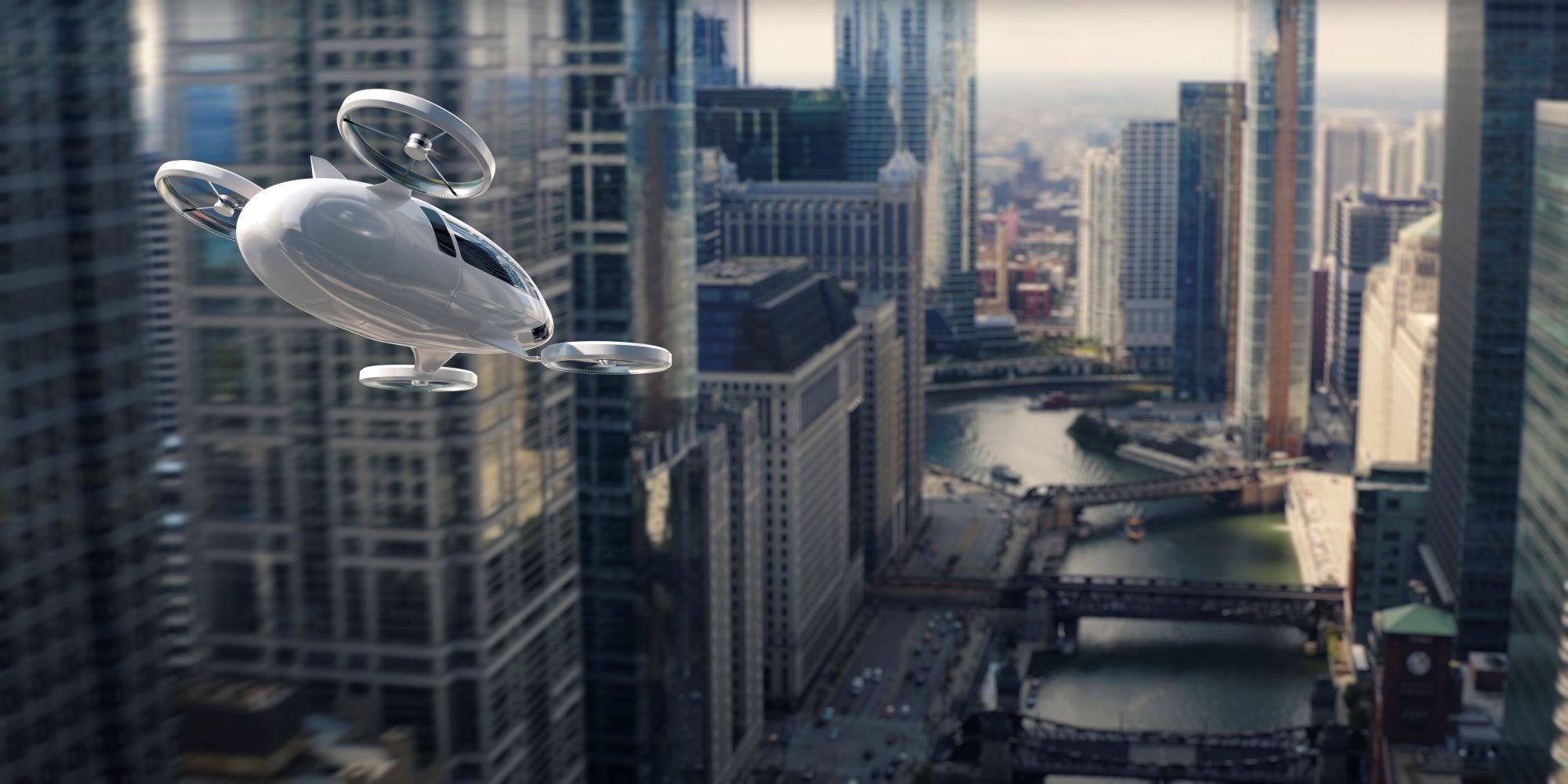Joby Aviation (JOBY +1.68%) has had an incredible year so far. As of this writing on Aug. 18, 2025, the electric vertical take-off and landing (eVTOL) aircraft pioneer has jumped by 105% compared to the S&P 500's 9.7% gain.
However, with the pre-revenue eVTOL company boasting a market cap exceeding $14 billion and no significant revenue streams on the near-term horizon, it's prudent to consider whether this high-flying stock remains a worthwhile investment. Let's take a closer look to find out.

Image source: Getty Images.
Making history while bleeding cash
Joby just achieved what no other eVTOL company has done: completing the first piloted electric air taxi flight between two public airports. The 12-minute journey from Marina to Monterey, California demonstrated the aircraft's ability to operate in FAA-controlled airspace alongside commercial jets.
The company even had to hold for five minutes to let an airliner land first -- proof that these aren't just expensive toys but legitimate aircraft ready for the real world.
The operational momentum is undeniable. Joby is 70% complete on its side of FAA-type certification, with the agency itself over 50% finished. The company completed 21 full-transition flights in Dubai this summer, testing in 110-degree heat to validate commercial readiness. Manufacturing capacity is expanding too, with the 435,000 square-foot Marina plant capable of producing roughly 24 aircraft per year at initial scale.
But here's the reality check: Joby's second-quarter financials tell a different story. The company reported a net loss of $325 million on revenue of just $15,000 in Q2 -- essentially zero for a company of this size. Even adjusting for non-cash items, the operating loss was $168 million.
Management expects to burn between $500 million and $540 million in 2025, which implies well over $100 million per quarter at the current pace. Wall Street's consensus has Joby generating only about $232,000 in revenue for all of 2025 -- less than $60,000 per quarter on average -- underscoring just how far the valuation is running ahead of fundamentals.
The Toyota investment and strategic chess moves
Toyota (TM 0.31%) clearly believes in Joby's vision, closing the first $250 million tranche of a promised $500 million investment. This isn't just financial support -- it's automotive manufacturing expertise that could prove invaluable when Joby needs to scale from prototypes to mass production. The company ended Q2 with $991 million in cash and equivalents, enough for less than two years of runway at the midpoint of guidance.

NYSE: JOBY
Key Data Points
Joby is also making smart strategic moves. The planned acquisition of Blade Air Mobility's passenger business for up to $125 million in cash and stock gives immediate access to existing helicopter routes and infrastructure in New York City -- essentially buying a customer base and operational blueprint. The new partnership with L3Harris to develop gas turbine hybrid variants opens defense opportunities that could generate revenue before passenger operations begin.
These aren't desperate pivots; they're calculated expansions of the business model. Defense contracts don't require the same regulatory approvals as passenger service. Existing helicopter routes prove demand for urban air mobility exists at premium price points. Every move reduces execution risk while expanding the addressable market.
Time to buy or fly by?
Joby represents everything exciting about the future of transportation. The technology works, the partnerships are real, and the market opportunity could be massive. CEO JoeBen Bevirt has been working on this vision for over a decade, and the company has logged more than 40,000 flight miles -- this isn't vaporware.
But at its current premium valuation, the stock assumes near-perfect execution over the next several years. Any regulatory slip, manufacturing stumble, or safety incident could spark a brutal repricing. The company won't generate meaningful revenue until at least 2028, and Wall Street's consensus actually has net losses widening through 2027 as business development and capital expenditures ramp up. Even optimistic analysts don't model cash-flow breakeven before 2028 to 2030.
For believers in urban air mobility, Joby might be worth a small speculative position after its bull run this year. The company has the technology, partnerships, and capital to potentially pull this off. But for most investors, waiting for commercial operations to actually begin -- and for the valuation to reflect reality rather than dreams -- seems like the prudent flight path. Sometimes the smartest move is accepting you may have already missed the flight.









